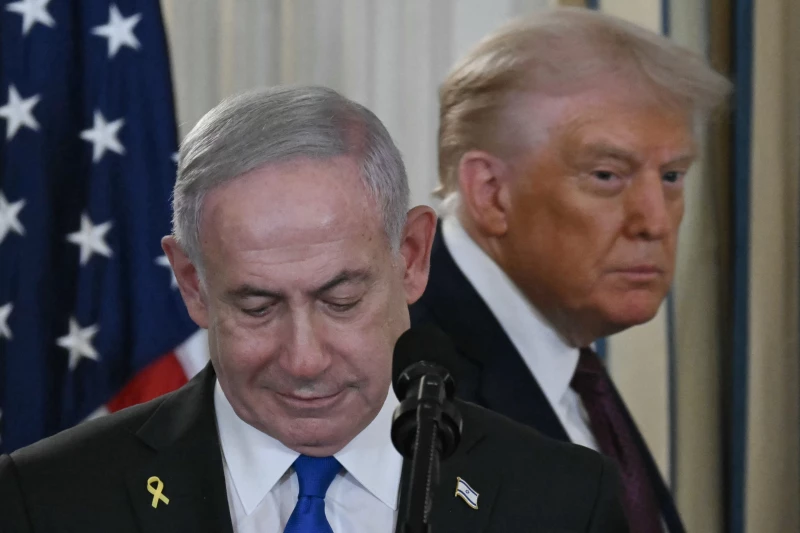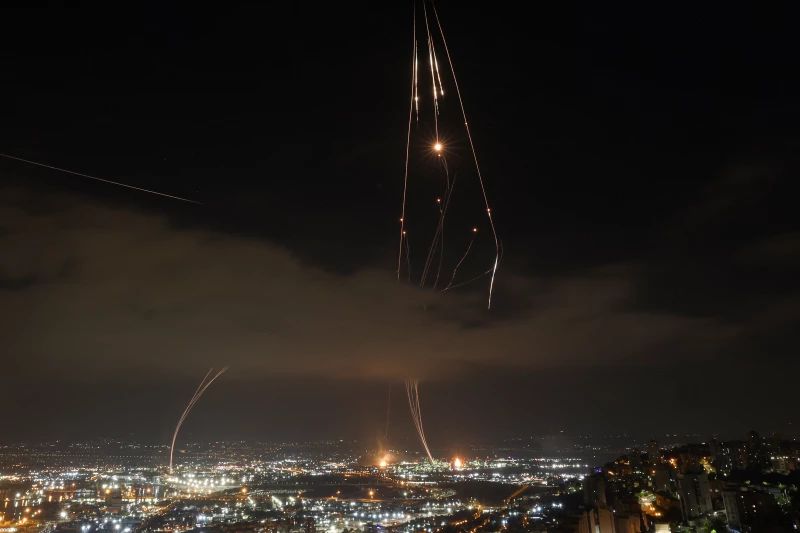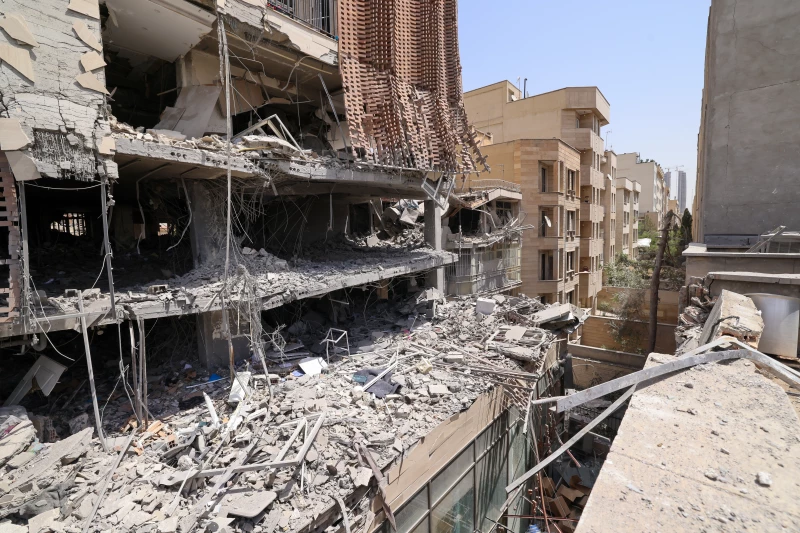For a city better known for its glittering skylines and international diplomacy than for sudden eruptions of firepower, the Israeli airstrikes on a Hamas headquarters in Doha on September 10 were a jarring, almost surreal sight. But then again, since the Hamas assault on Israeli communities on October 7, 2023, the Middle East has grown used to the unthinkable somehow becoming the ordinary.
The Doha strike, however, pushed the boundaries of the permissible further than most had expected. It was not just another chapter in Israel’s ongoing campaign against Hamas. It was a precedent-setting move, a game changer, that signaled Israel’s readiness to expand the battlefield in ways that will likely reverberate across the region for years to come.
Much of the immediate commentary focused on the individuals inside the building. Were there high-value Hamas leaders among them? The answer, it seems, is largely no. The group’s senior figures, who were believed to be present, had escaped unharmed before the strike. But that almost misses the point. The true significance lies not in who was hit—or not—but in where the strike took place: Doha itself.
The Israeli strike delivered a layered message to multiple audiences. Above all, it announced an erasure of “redlines,” even against US allies in the region. Israel was signaling that in pursuit of its security, it no longer felt bound by international conventions on state sovereignty. It would pursue its enemies anywhere, regardless of the host nation. Prime Minister Benjamin Netanyahu underscored this bluntly: Hamas leaders would not enjoy immunity “wherever they are.” Iran in June—and before—learned this lesson, and now Qatar has too.
For seasoned observers of post-October 7 dynamics, Doha’s experience may not have come as a complete surprise. Over the past couple of years, pro-Israel voices had been loudly demanding that Qatar be held accountable for its alleged support of Hamas, both material and media-related. Qatar rejects these charges, framing its role instead as humanitarian—supporting Palestinians in Gaza and hosting diplomatic efforts related to the conflict.
The bigger question is whether the strike will reshape Qatar’s regional policy. Doha is not new to pressure. Only a few years ago, it endured a punishing embargo imposed by Saudi Arabia and the United Arab Emirates (UAE). Will this latest blow push Qatar to scale back or sever its ties with Islamist movements? Or reconsider its relationship with Washington, given Israel’s strike and persisting speculation over whether the US had prior knowledge or approved it. In response to such conjecture, Netanyahu has been quick to stress: “We did it on our own. Period.” But the shadow over US-Qatar security ties lingers. The presence of US Central Command on Qatari soil drew another round of attacks in June, when Iran struck the Al Udeid Air Base in the otherwise peaceful Gulf state.
Cutting off relations with Israel is an option for Doha. While Qatar never joined the Abraham Accords, it has maintained ties with Israel since the mid-1990s—marked by occasional ups and downs, usually following ruptures in Israeli-Palestinian relations. For now, the balance tilts toward pragmatism. The benefits of maintaining a US military presence and keeping relations with Israel from sliding into outright hostility outweigh the costs for the foreseeable future.
Still, Doha’s predicament is unenviable. And it is one that other regional players, particularly Turkey, will be watching closely.
Turkey’s relationship with Israel has deteriorated for years. Under President Recep Tayyip Erdogan, Ankara has established deep relations with Hamas, with much of the group’s senior leadership reportedly now based there. Any Israeli attempt to replicate a Doha-style strike on Turkish soil would be fraught with peril. Not only would Turkish military and intelligence capabilities make such an operation far harder, but the political fallout could be devastating. Erdogan could extend his current reported halt of all trade with Israel to also block Azerbaijani oil exports flowing through Turkey to Israel—a step that would dramatically escalate tensions.
Zooming out, the strike in Doha also exposed the fragility of the so-called “new regional order” taking shape since October 7 with Washington’s blessing, built on three main pillars: Israel, Turkey, and the Gulf states. This vision is riddled with contradictions. The pillars themselves maintain unstable, mercurial relations between one another—undermined by clashing priorities, festering antagonisms, and diverging interests. The result might be less an order than a messy, combustible arrangement. It may be more fitting to call the current configuration “post-Iran,” given Tehran’s diminished regional role and power over the past two years. But in reality, it resembles disorder rather than order, with the region caught in a state of chaotic flux where no durable framework has yet emerged.
For the Gulf states, the lesson is sobering. Prosperity built on oil wealth, ambitious economic diversification strategies, and gleaming skylines cannot shield them from the harsh realities of power politics. Since their inception, they have depended on outside guarantees—chiefly from Europe and the US—for survival. But more than ever, the thinking in the Gulf appears to be that this is not sufficient.
If the Gulf states want to safeguard themselves in this turbulent environment, they will need more than strong economies. They will need militaries capable of genuinely defending their territories—a daunting prospect given their limited populations and geographic vulnerabilities. That reality might drive them to hedge more aggressively, strengthen security cooperation among themselves, and diversify their external security partnerships beyond the US and Europe—perhaps toward rising powers like China. There are clear signs of frustration with the current reality in the Gulf, given prior attacks on the UAE and Saudi Arabia by pro-Iran groups. Emir Tamim bin Hamad al-Thani of Qatar perhaps gave voice to that frustration during an emergency Arab-Islamic summit on September 15, when he declared: “We are determined to do whatever is necessary to preserve our sovereignty.” The true meaning and reach of these remarks will only become clear in the years ahead. But Gulf leaders are already signaling that they are no longer content to remain passive protectees.
The views expressed in this article are those of the writer and do not necessarily represent the position of The New Region's editorial team

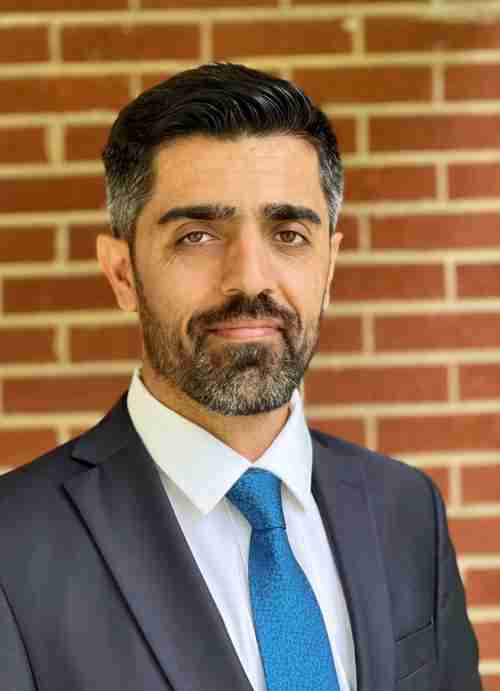
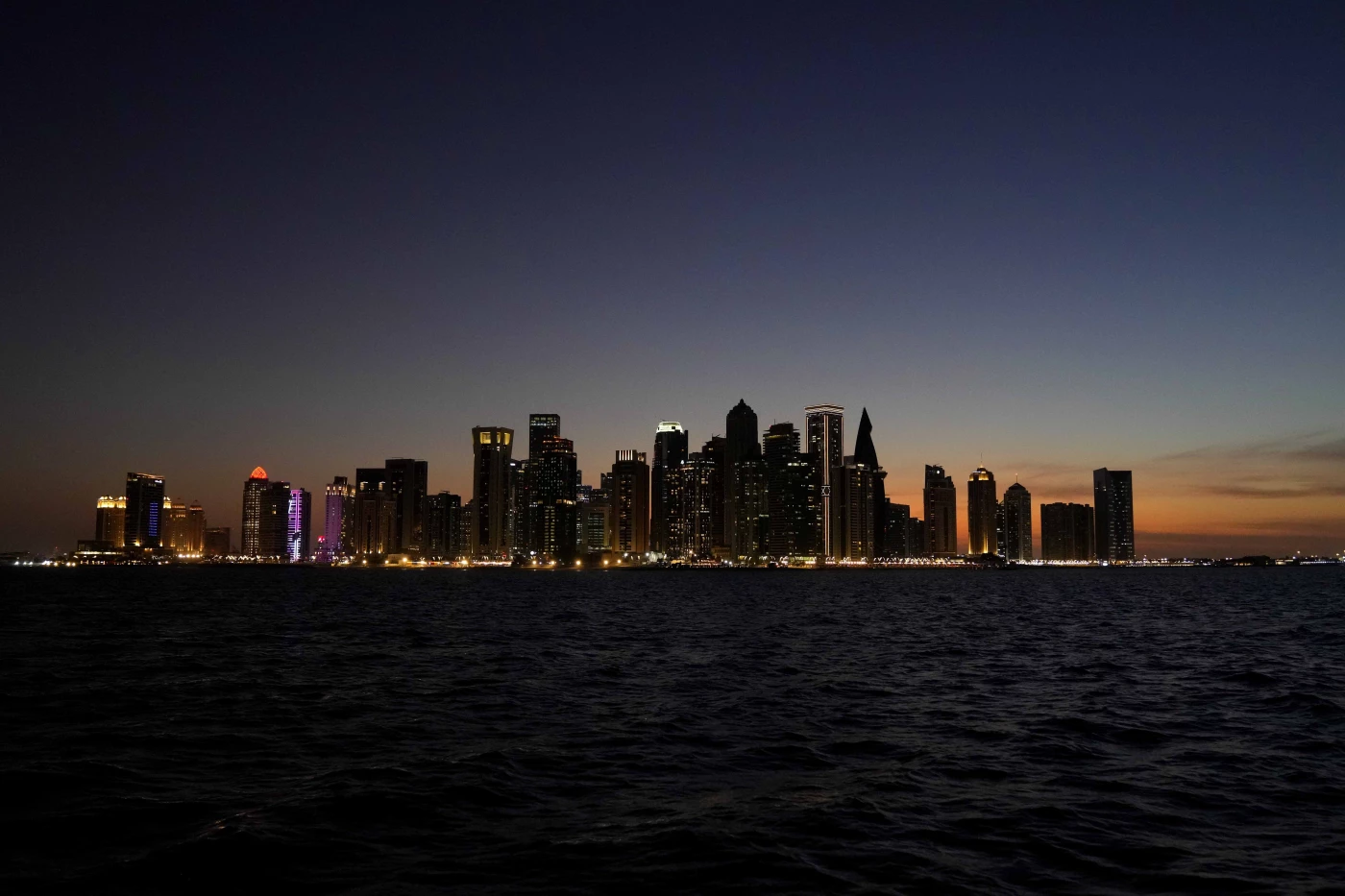
 Facebook
Facebook
 LinkedIn
LinkedIn
 Telegram
Telegram
 X
X
